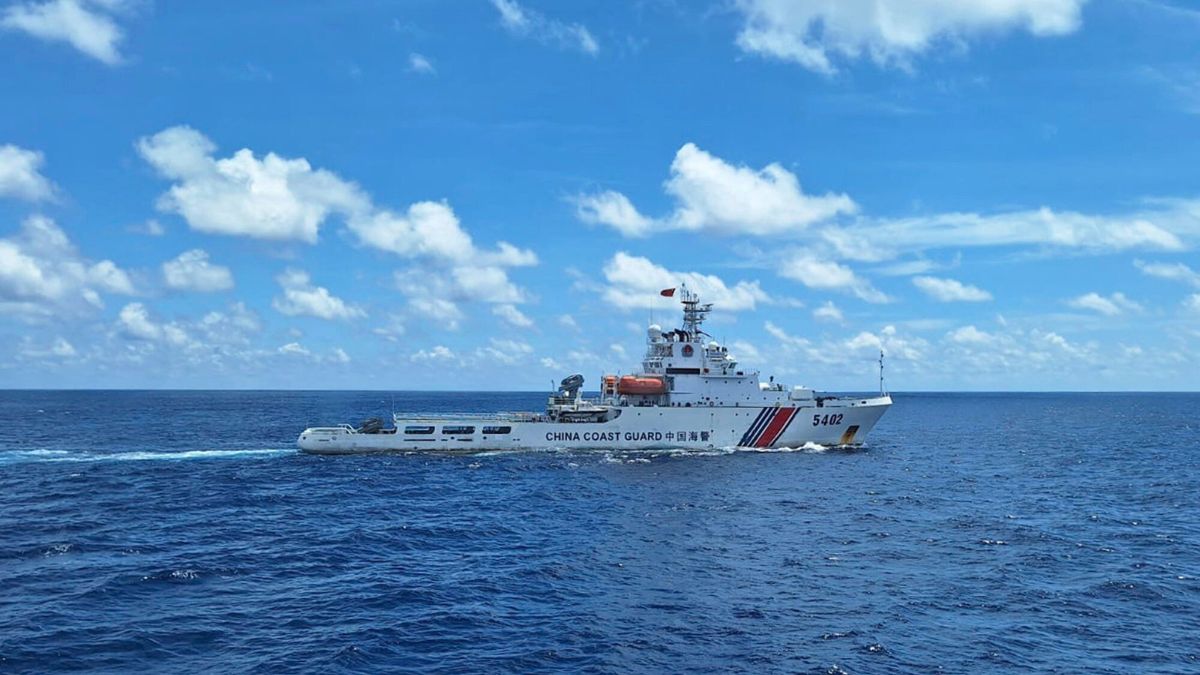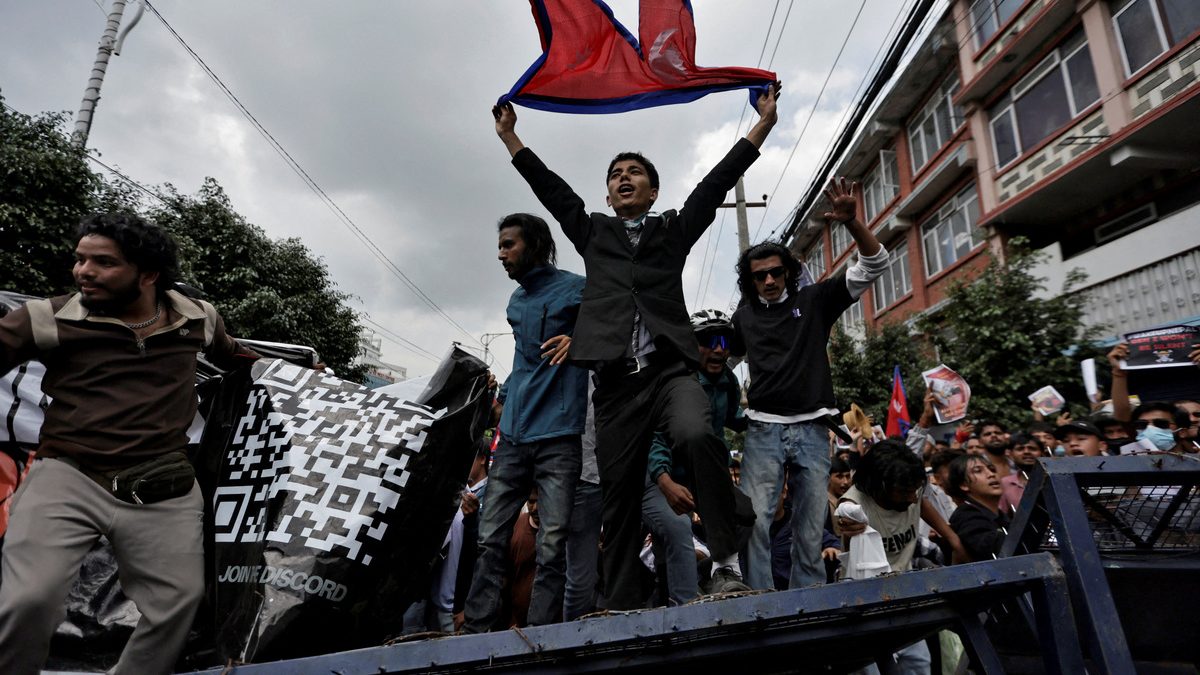China has dispatched a naval hospital ship to the South Pacific and Latin America, regions long considered part of the United States’ strategic backyard, for a mission combining medical outreach and cultural diplomacy, according to a report
China has dispatched a naval hospital ship to the South Pacific and Latin America, regions long considered part of the United States’ strategic backyard, for a mission combining medical outreach and cultural diplomacy, according to a Newsweek report.
The launch of this deployment, known as Mission Harmony‑2025, comes as US military pressure mounts on Venezuela, intensifying geopolitical tensions.
The Ministry of National Defence announced on Friday that the hospital ship CNS Silk Road Ark departed in early September from Quanzhou, Fujian province, to embark on 220-day global outreach.
Scheduled stops include Nauru, Fiji, Tonga, Mexico, Jamaica, Barbados, Brazil, Peru, Chile, and Papua New Guinea
“This mission aims to strengthen friendly cooperation between China and relevant countries,” Newsweek quoted the Defence Ministry as saying, adding that one of the ship’s key roles is “military medical exchanges and cooperation with foreign countries.”
The ship boasts facilities for medical treatment, casualty evacuation, emergency rescue, and international humanitarian outreach
The Silk Road Ark marks its first overseas deployment since being commissioned in 2024. It succeeds the Peace Ark, which earlier completed its Mission Harmony‑2024, a 215-day voyage across Asia and Africa that set records by visiting 13 countries, covering over 30,000 nautical miles, treating nearly 83,000 medical cases, and performing more than 1,300 surgeries
Coinciding with Operation Continuing Promise 2025, a US Navy humanitarian mission in the Caribbean and Central and South America aboard the USNS Comfort, the deployment highlights an unfolding naval race in global soft power projection
China’s ship is part of a broader US–China policy contestation in Latin America and the Caribbean, where Beijing’s expanding political, economic, and military outreach—including suspected surveillance facilities and trade disputes surrounding the Panama Canal—has increasingly challenged Washington’s traditional sphere of influence
As US attention turns to Venezuela, with military deployments rising amid narco-terrorist concerns, China’s growing naval presence so close to the US shoreline signals a bold strategic gesture in a fraught region.
With inputs from agencies
End of Article

)
)
